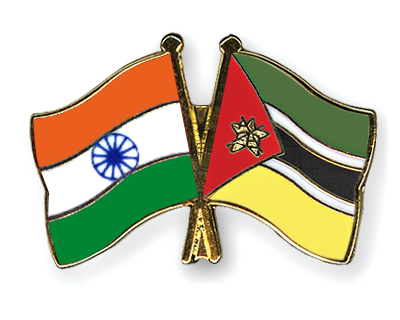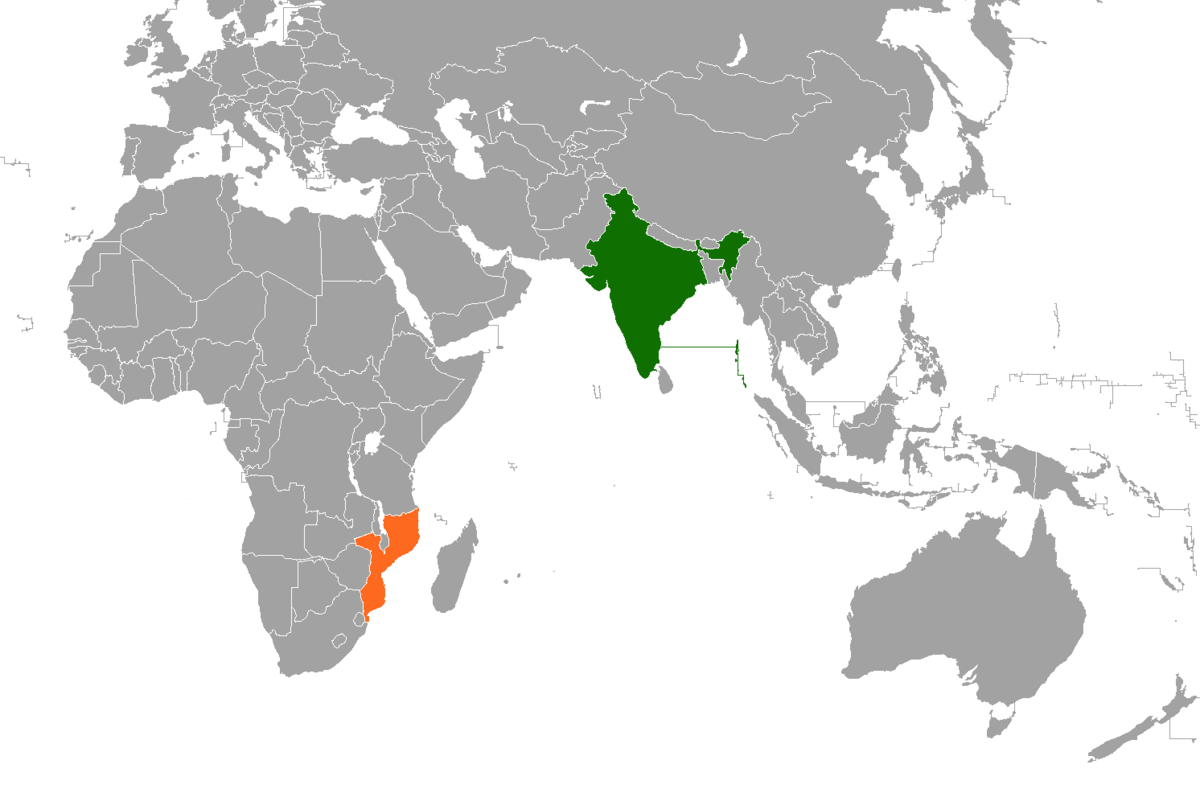 The
Indian High Commissioner to Mozambique, Rudra Guarav, has pledged that India
will continue to import pigeon peas from Mozambican farmers under the
memorandum of understanding signed between the two countries last year, when
Indian Prime Minister Narendra Modi visited Mozambique. But in August the
Indian authorities appeared to renege on this memorandum, when they imposed
quotas on pigeon pea imports, moving this crop from the “free” to the
“restricted” category of imports. The new rules state that only 200,000 tonnes
of pigeon peas (known in India as dal) can be imported in any one fiscal year.
In the 2016/2017 fiscal year, which ended on 31 March, India imported 703,540
tonnes of pigeon peas, from many countries.Farmers in the northern province of
Cabo Delgado who spoke to reporters blamed the Indian ban for the collapse in
the producer price of pigeon peas. Before the ban, the price paid to farmers
was 60 meticais (about one US dollar), a kilo, but the price has now fallen to
15 or even 10 meticais a kilo.
The
Indian High Commissioner to Mozambique, Rudra Guarav, has pledged that India
will continue to import pigeon peas from Mozambican farmers under the
memorandum of understanding signed between the two countries last year, when
Indian Prime Minister Narendra Modi visited Mozambique. But in August the
Indian authorities appeared to renege on this memorandum, when they imposed
quotas on pigeon pea imports, moving this crop from the “free” to the
“restricted” category of imports. The new rules state that only 200,000 tonnes
of pigeon peas (known in India as dal) can be imported in any one fiscal year.
In the 2016/2017 fiscal year, which ended on 31 March, India imported 703,540
tonnes of pigeon peas, from many countries.Farmers in the northern province of
Cabo Delgado who spoke to reporters blamed the Indian ban for the collapse in
the producer price of pigeon peas. Before the ban, the price paid to farmers
was 60 meticais (about one US dollar), a kilo, but the price has now fallen to
15 or even 10 meticais a kilo. However,
Guarav assured reporters that “Mozambican can remain calm. We are even willing
to help this country diversify its production of beans, transmitting our
experience with five types which would later be sold on the Indian market”.Cited
by the Zitamar news agency, Guarav said he had been telling exporters that the
Indian market is still open to their pigeon peas. “What the Mozambican
exporters need to do is contact their buyers, the importers on the Indian side,
and send the certificate of origin, clearly stating that the shipment is coming
from Mozambique”, he said. “They can then use this to get permission from the
director general of foreign trade, which has an office in every port, and they
will give the importer an exemption certificate so that they can clear the
shipment”.He said that this will only apply until an initial quota of 125,000
tonnes of pigeon peas is reached. So far this year about 32,000 tonnes have
been imported from Mozambique, but Guarav expected the remaining 90,000 tonnes
of the quota to be met within the next few weeks.
However,
Guarav assured reporters that “Mozambican can remain calm. We are even willing
to help this country diversify its production of beans, transmitting our
experience with five types which would later be sold on the Indian market”.Cited
by the Zitamar news agency, Guarav said he had been telling exporters that the
Indian market is still open to their pigeon peas. “What the Mozambican
exporters need to do is contact their buyers, the importers on the Indian side,
and send the certificate of origin, clearly stating that the shipment is coming
from Mozambique”, he said. “They can then use this to get permission from the
director general of foreign trade, which has an office in every port, and they
will give the importer an exemption certificate so that they can clear the
shipment”.He said that this will only apply until an initial quota of 125,000
tonnes of pigeon peas is reached. So far this year about 32,000 tonnes have
been imported from Mozambique, but Guarav expected the remaining 90,000 tonnes
of the quota to be met within the next few weeks.
But
total Mozambican production may well be greatly in excess of the quota, which
will leave farmers with large amounts of unsold pigeon peas at risk of going
rotten.As for the low producer prices, Guarav blamed unscrupulous traders. “The
problem here is that the farmers are largely unaware of this whole dynamic”, he
said, “because they sell directly to the traders. The price s largely fixed by
the traders and so a certain amount of panic is probably being created
deliberately by the traders so as to bring the price down further”.
0 comentários:
Post a Comment